Liberals’ first step to recovery: recognise the problems
For the next federal election to be competitive the Liberal Party needs a clean out, electable candidates as well as more women in its ranks.
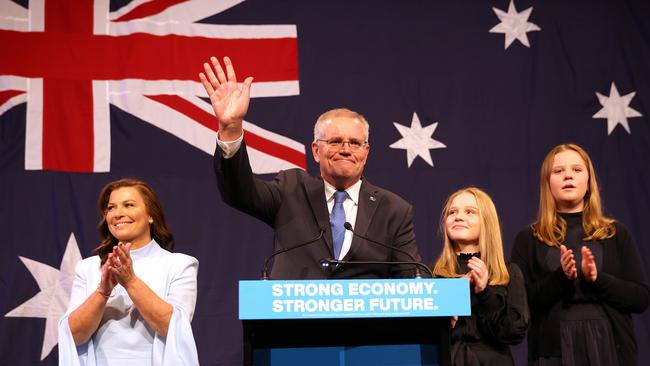
Returning to government after one term is extremely difficult. The last time a one-term government lost its re-election bid was in 1931. It was a Labor government and it was amid economic turmoil. While today’s economic problems don’t compare to those of the Depression, when people feel their standard of living slipping incumbents get blamed. Conservatives can draw some comfort from the comparison if they get their own house in order. But it was a long time ago.
While it has been nearly a century since a one-term government lost, recent governments have come close. John Howard won the 1998 election with 48.9 per cent of the two-party vote, sandbagging key marginal seats to retain his majority. The Labor government elected in a landslide in 2007 scraped home as a minority government in 2010, albeit under new leadership. And the Coalition won easily in 2013, but its majority was reduced to one seat three years later, also under new leadership.
The point is that first-term governments traditionally get returned but the elections tend to be tight. However, that won’t be the case if the Coalition doesn’t look within. To properly fix itself the Liberal Party needs to overcome the most important hurdle: recognising that it has serious problems.
It also may need to confront the seemingly entrenched unpopularity of leader Peter Dutton. That said, alternatives are thin on the ground and unpopular opposition leaders have become election winners. Think of Tony Abbott. Blaming polling woes on Dutton papers over deeper problems.
The temptation for a newly minted opposition is to bunker down and ignore the reasons it lost government, aiming instead to poke holes in its opponent in a bid to quickly return to the right side of the Treasury benches. But such denialism helps explain why first-term oppositions get close without getting over the line. Denialism isn’t good enough for voters who recently wanted a change to change back so fast. Australians tend to give a new government the benefit of the doubt via re-election. After that all bets are off.
The conservative side of politics was in office for 20 of the past 26 years before it lost the election last year. Such a run of victories is comparable to the 1949-72 continuous conservative government Robert Menzies led for most of that time.
Recent longevity in office enjoyed by the Coalition makes it harder to confront problems that have festered, because they have been overcome electorally before. But the election last year was different. The build-up of barnacles finally requires attention. The Scott Morrison era entrenched the perception of Liberals as the nasty party. The Robodebt royal commission findings feed the perception. And Dutton as leader doesn’t help unless he pivots.
So what needs to happen to give the conservatives a chance at the next federal election? In terms of issues within its control, the party organisation must professionalise. Labor has long been a more professionally run organisation. The Liberal Party membership isn’t even reflective of its tribal voters, much less swinging voters needed to win elections. This is especially the case in marginal electorates.
To preselect the right candidates under a membership-driven system, this needs fixing. The paid, professional, organisational wing of the party needs to take over the apparatus of selections to impose the right candidates. This includes selecting more women, partly to overcome the optics of having too few women in parliament but also because political science confirms that women are better marginal seat campaigners than men.
A narrow, unreflective party membership also can isolate the party’s ideology from the wider voting public. But a professional party must find ways to retain ideological purpose despite focusing on election-winning KPIs. This can be a challenge.
Dutton has shown some contrition on the reasons the Morrison government lost but he hasn’t quite hit the mark yet. He has talked about the need for government to re-engage with Menzies’ forgotten people but seemingly without realising that his side of politics was in power for the past 8½ years when the disconnect happened. If government has forgotten about middle Australia it happened on the Coalition’s watch. Dutton needs to blame his own side for its forgetfulness, thereby justifying reforms, and not seek to pin the blame on a new government. Only then will the Liberal Party seriously embark on re-engaging with those important middle Australia voters, rather than using issues it hopes appeal to them to play political games against Labor.
All of which brings us back to the task of understanding why the Coalition lost the election last year.
Yes, longevity in office was a contributing factor. Plus the zeitgeist trended against Team Morrison. The leader became a drag on the Coalition’s electoral viability. But hand in glove with these factors was the failure of conservatives to modernise their appeal to new generations of voters.
It long has been the case that conservatives disproportionately appeal to older voters. The problem, even in an ageing society with a demographic bubble among the baby boomers, is the Coalition’s traditional voter base is dying out while Labor supporters are coming of age. Throw in the Coalition’s lost engagement with migrants and the demographic challenges are accentuated. Australia is forecast to receive 1.5 million new migrants across the next five years. Unless Liberals find a way to tap into those voters the party’s electoral problems will get only worse.
Parliamentary recruitment also is more difficult for conservatives. Labor has quotas to assist with gender targets and an affiliated trade union movement to assist with recruitment more generally. There are pathways to blood and assist future parliamentarians, in the way a well-drilled football team has junior and reserve grade systems to tap into. Liberals don’t have anything similar, and the sorts of potential MPs they attract are likelier to be discouraged from the tribal world of politics than those seeking Labor nomination.
Business people and professionals such as lawyers earn more than trade unionists; certainly more than MPs. Convincing these people to earn less, travel more and be exposed to the invasive nature of media scrutiny isn’t easy, especially when the current Liberal Party doesn’t reflect the values of modern corporate Australia. So increasingly Liberals pick former political staff instead, narrowing the parliamentary gene pool.
It isn’t impossible for first-term oppositions to win their way back into office, but it’s rare. Without reflection, Liberals simply won’t get there.
Peter van Onselen is a professor of politics and public policy at the University of Western Australia and Griffith University.


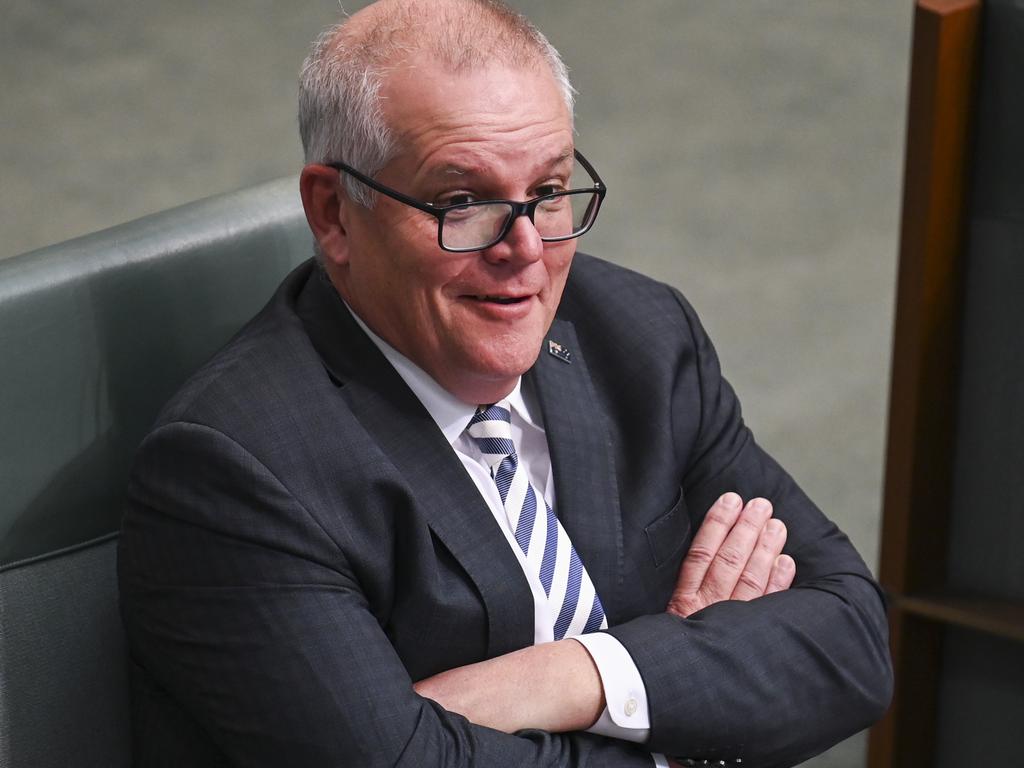
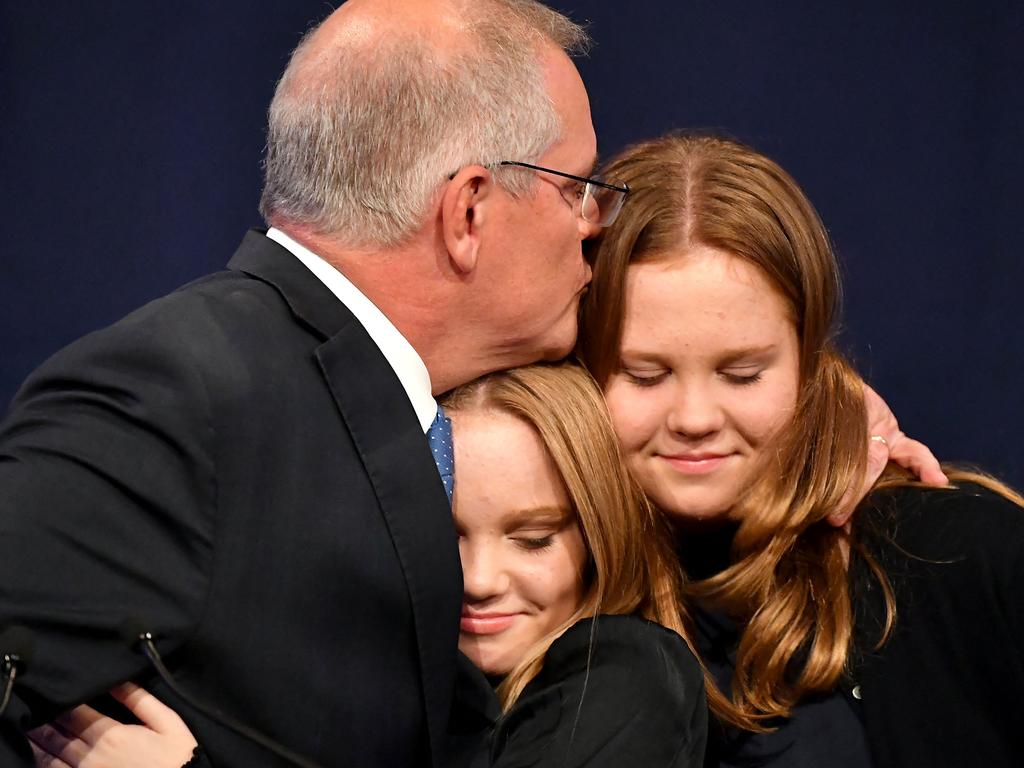
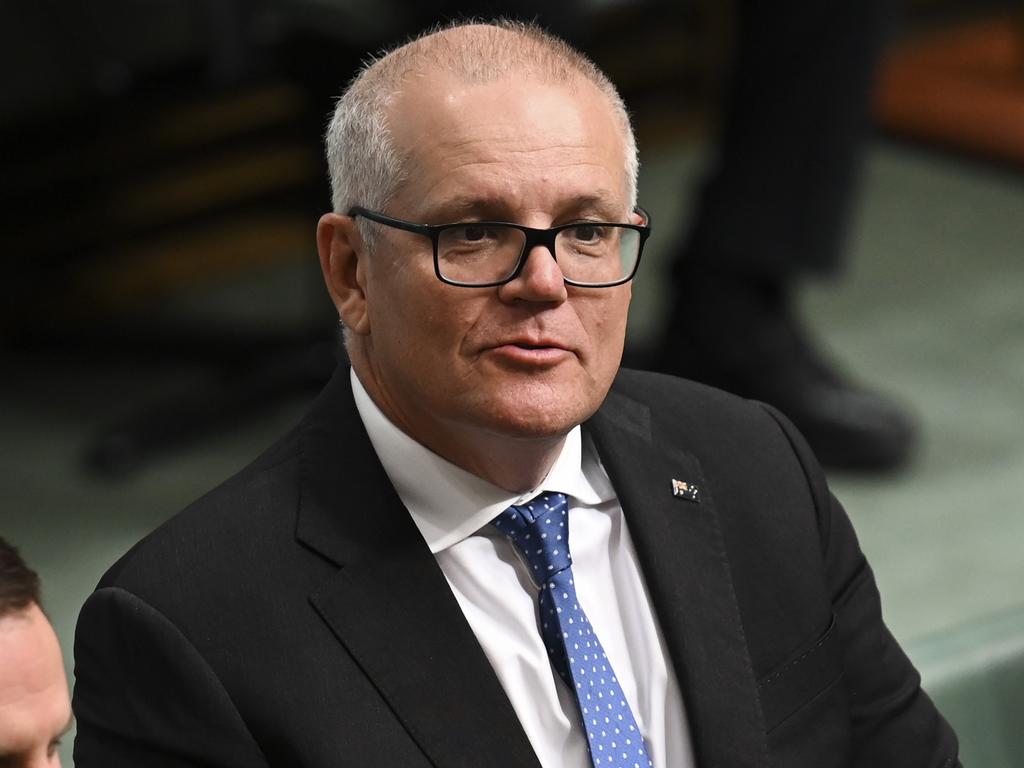
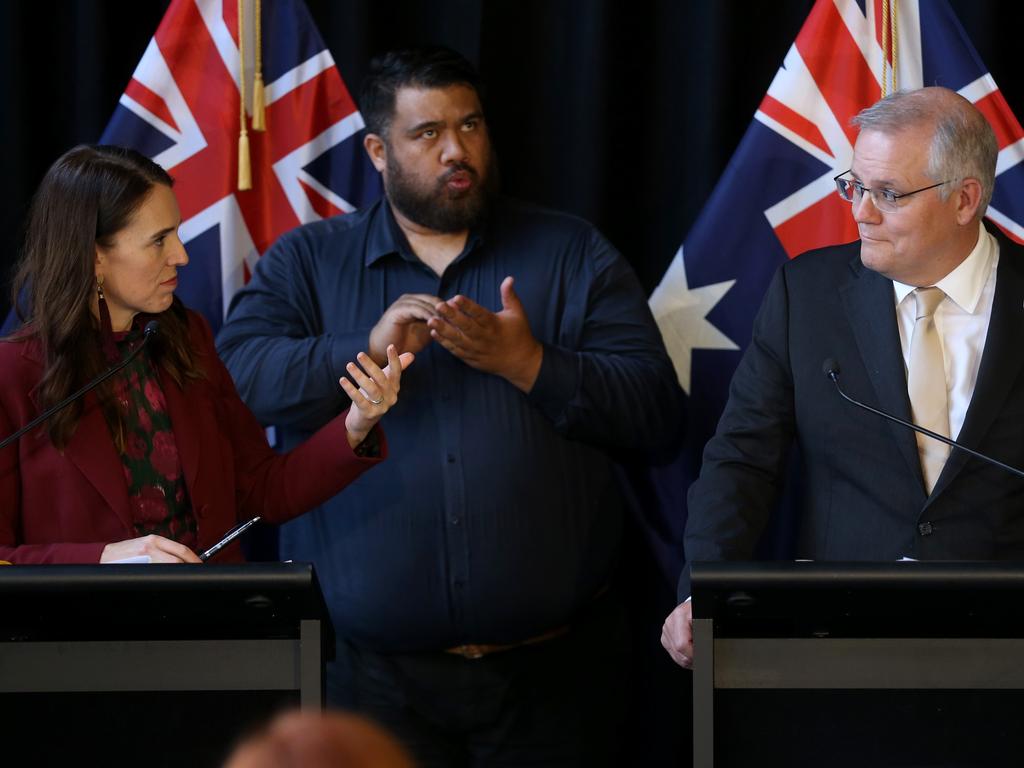


For the next federal election to be competitive the Liberal Party needs a clean out, finding new and electable candidates as well as ensuring there are more women in its ranks. It also must show it understands why it lost the election last year. Blaming voters for getting it wrong rarely works.